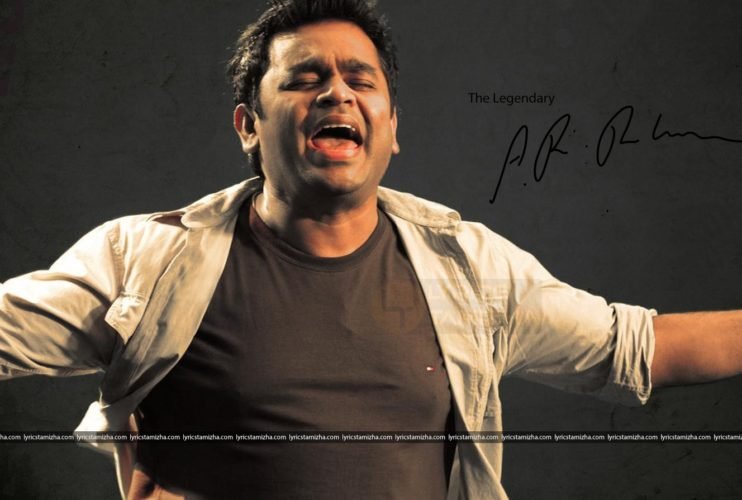Early Life:
A.R.Rahman, in full Allah Rakha Rahman, unique name A.S. Dileep Kumar, (conceived January 6, 1966, Chennai, India). South Indian fans of Rahman refer him with the nickname of “The Mozart of Madras,” and “Isai Puyal.”His father, who worked as a musician and conductor died once A.R.Rahman was young as a result of that A.R.Rahman had a troublesome childhood. Allah Rakha Rahman has presented to music from the time he was an infant. Entered in traditional piano studies by his parents at the age of 9. When he was only 11; he joined the troupe of well known South Indian music director Ilaiyaraaja.He dropped out of school. However, his expert experience prompted a grant to learn at Trinity College, Oxford. Where he got a degree in Western classical music.
In 1988 his family changed over to Islam following a sister’s recuperation from a severe sickness. And at that point took the name, Allah Rakha Rahman. The dreariness soon became tiring in any case, and at the recommendation of an associate, Rahman attempted his hand at TV ads, in the end creating more than 300 jingles in only five years. His chance of a lifetime came when he has requested that by famous director form the music for his film Roja in 1991. Roja’s music went ahead to make waves, and there was no looking back ever since.
Career Life :
His star on the ascent, Rahman continued to form music for six movies in 1993 and nine of every 1994. Including the score for Maniratnam’s Bombay (1995), the tale of a Hindu/Muslim marriage in a period of warmer relations between the two societies. He made his introduction in Bollywood with the movie Rangeela, coordinated by Ram Gopal Varma. More than 100 films scores took after, including the music for Lagaan (2001), the leading Bollywood film assigned for an Academy Award. British composer Andrew Lloyd Webber heard some of Rahman’s soundtracks and inquired as to whether he would be keen on composing a stage musical. He shaped the score and soundtrack for the Chinese film Warriors of Heaven and Earth in 2003.
Rahman proceeded with his work for the screen, scoring films for Bollywood and, progressively, Hollywood. He contributed a tune to the soundtrack of Spike Lee’s Inside Man (2006). And co-wrote the score for Elizabeth: The Golden Age (2007). Be that as it may, his actual achievement to Western audiences came with Danny Boyle’s rags-to-riches saga Slumdog Millionaire (2008). Rahman’s score, which caught the furious pace of life in Mumbai’s underclass, commanded the honors circuit in 2009.
He gathered a British Academy of Film and Television Arts (BAFTA) Award for best music and a Golden Globe and an Academy Award for best score. He likewise won the Academy Award for the best tune for “Jai Ho,”. A Latin-injected move track that went with the film’s end Bollywood-style move number. Rahman’s streak proceeded at the Grammy Awards in 2010. Where he gathered the prize for best soundtrack and “Jai Ho” again regarded as best tune showing up on a soundtrack.






